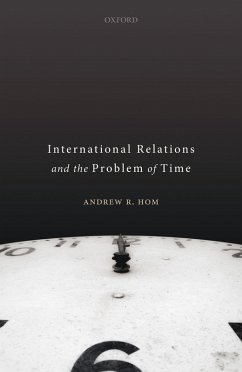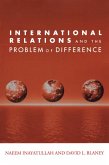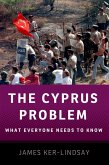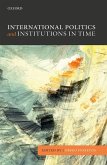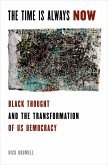What is time and how does it influence our knowledge of international politics? For decades International Relations (IR) paid little explicit attention to time. Recently this began to change as a range of scholars took an interest in the temporal dimensions of politics. Yet IR still has not fully addressed the issue of why time matters in international politics, nor has it reflected on its own use of time -- how temporal ideas affect the way we work to understand political phenomena. Moreover, IR remains beholden to two seemingly contradictory visions of time: the time of the clock and a longstanding tradition treating time as a problem to be solved. International Relations and the Problem of Time develops a unique response to these interconnected puzzles. It reconstructs IR's temporal imagination by developing an argument that all times - from natural rhythms to individual temporal experience - spring from social and practical timing activities, or efforts to establish meaningful and useful relationships in complex and dynamic settings. In IR's case, across a surprisingly wide range of approaches scholars employ narrative timing techniques to make sense of confounding processes and events. This innovative account of time provides a more systematic and rigorous explanation for time in international politics. It also develops provocative insights about IR's own history, its key methodological commitments, supposedly 'timeless' statistical methods, historical institutions, and the critical vanguard of time studies. This book invites us to reimagine time, and in so doing to significantly rethink the way we approach the analysis of international politics.
Dieser Download kann aus rechtlichen Gründen nur mit Rechnungsadresse in A, B, BG, CY, CZ, D, DK, EW, E, FIN, F, GR, HR, H, IRL, I, LT, L, LR, M, NL, PL, P, R, S, SLO, SK ausgeliefert werden.

